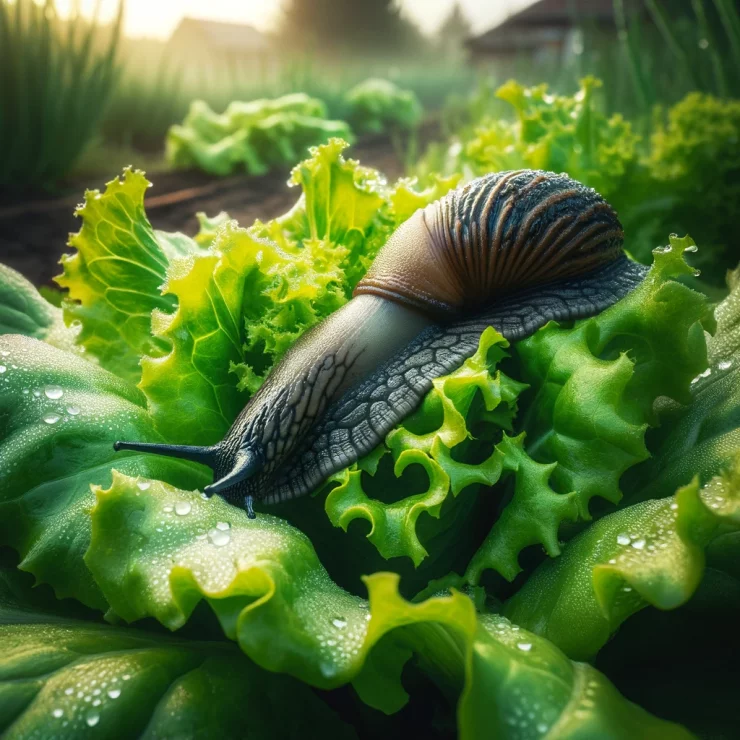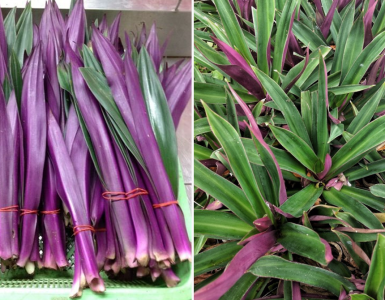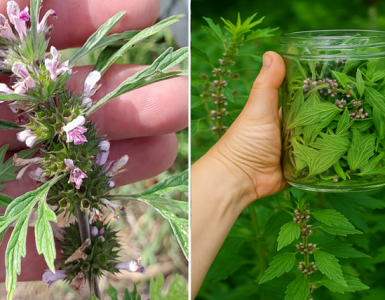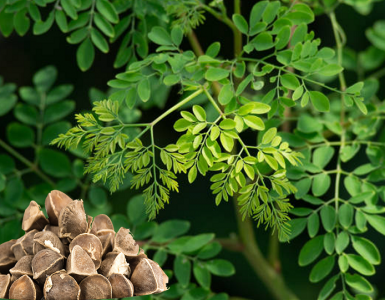Slug snails, or garden slugs, can be a significant nuisance in your garden, damaging a wide range of plants by chewing on leaves, flowers, and even fruits. While slugs are a natural part of the garden ecosystem, excessive numbers can cause severe harm to your plants. If you find your garden becoming a favorite spot for these pests, it’s crucial to take effective steps to control and eliminate them. Here are some proven strategies to get rid of slug snails and protect your garden.
1.Natural Predators
Introducing or encouraging natural predators in your garden is one of the most effective and environmentally friendly ways to control slug populations. Birds, frogs, toads, hedgehogs, and even certain types of beetles prey on slugs. Consider creating a habitat that attracts these predators by installing a small pond, leaving some areas of your garden wild, or setting up bird feeders.
2.Barriers and Traps
Creating physical barriers can prevent slugs from reaching your plants:
Diatomaceous Earth: Sprinkle food-grade diatomaceous earth around the base of plants. Its sharp edges deter slugs by causing physical damage to their soft bodies.
Copper Tape: Placing copper tape around pots or raised garden beds can help repel slugs. The copper reacts with slug slime to create a mild electrical shock.
Beer Traps: Bury shallow containers (like yogurt pots) in the soil near affected areas and fill them with beer. The yeast attracts slugs, which fall in and drown. Empty and refill the traps regularly.
3.Cultural Practices
Modifying gardening practices can significantly reduce slug damage:
Water in the Morning: Slugs are active at night and thrive in moist conditions. Watering in the morning allows the soil to dry out by evening, making it less inviting for slugs.
Mulch Carefully: Organic mulches can provide hiding spots for slugs. Consider using inorganic mulches like gravel or mineral mulches in areas where slugs are a problem.
Regular Weeding: Keep your garden free of debris and weeds where slugs like to hide during the day.
4.Hand Picking
Although it’s labor-intensive, regularly collecting and removing slugs by hand is very effective, especially if done in the evening when they are most active. Wearing gloves, pick the slugs off your plants, and either drop them into soapy water or move them far from your garden.
5.Iron Phosphate Baits
If natural methods are not enough, consider using iron phosphate slug bait. Unlike more toxic baits, iron phosphate is safer for pets and wildlife when used as directed. Scatter the bait around the base of plants at risk.
6.Garden Maintenance
Keep your garden tidy and reduce the areas where slugs can hide:
Clear Plant Debris: Regularly remove fallen leaves and other plant debris.
Trim Grass Edges: Keep the grass around garden beds trimmed short to reduce moisture and hiding spots for slugs.
Managing slugs in the garden requires a combination of strategies tailored to your specific environment and the severity of the problem. By implementing these methods, you can significantly reduce the impact of slug snails on your garden and enjoy healthier, more vibrant plants. Remember, consistency is key in pest control, so regular monitoring and intervention are crucial for long-term success.
Eliminating snails from your garden quickly and effectively can be a challenge, but there are several methods you can employ to tackle this problem. Here are five simple methods to get rid of snails:
1. Handpicking
What You Need:
- A pair of gloves
- A bucket of soapy water
How to Do It:
- Step 1: In the early morning or late evening, when snails are most active, go into your garden wearing gloves.
- Step 2: Carefully search for snails on and under plants, as well as in damp, shady areas.
- Step 3: Pick the snails off and drop them into the bucket of soapy water to kill them.
2. Beer Traps
What You Need:
- Shallow containers (like yogurt cups)
- Beer
How to Do It:
- Step 1: Bury the shallow containers in the ground so the rim is at soil level.
- Step 2: Fill the containers with beer, which attracts snails.
- Step 3: Check the traps daily and dispose of the drowned snails.
3. Copper Barriers
What You Need:
- Copper tape or strips
How to Do It:
- Step 1: Purchase copper tape or strips from a garden supply store.
- Step 2: Place the copper around the base of plants, pots, or garden beds.
- Step 3: Ensure there are no gaps where snails can bypass the copper, as they dislike crossing copper due to a reaction with their slime.
4. Eggshell Barriers
What You Need:
- Crushed eggshells
How to Do It:
- Step 1: Save and clean your eggshells after using the eggs.
- Step 2: Crush the eggshells into small pieces.
- Step 3: Spread the crushed eggshells in a circle around your plants. The sharp edges deter snails from crossing.
5. Natural Predators
What You Need:
- Predatory animals (like ducks, chickens, or certain species of beetles)
How to Do It:
- Step 1: Introduce natural predators into your garden. Ducks and chickens are particularly effective, as they love eating snails.
- Step 2: Encourage beneficial insects such as ground beetles, which feed on snails and their eggs.
- Step 3: Create a habitat that attracts these predators, like providing a small water source or maintaining a diverse garden.




















Add comment